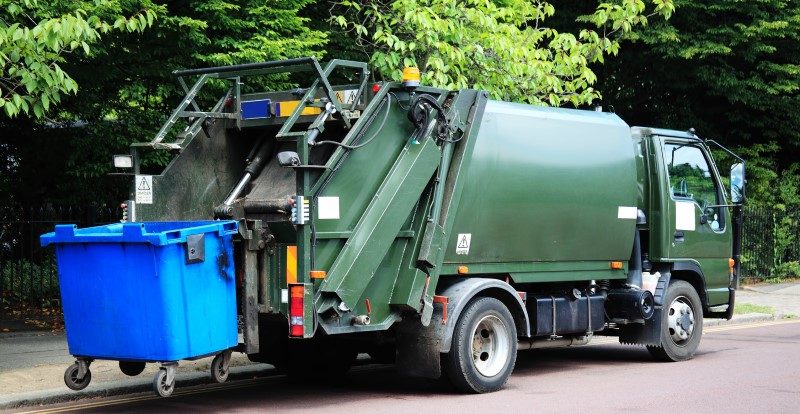Edmonton sets path to future with 25-year waste strategy

In Edmonton, changes are coming to the way residents sort and manage waste, at home and at work.
On August 20, the city released its plan for the Future of Waste in Edmonton: The 25-year Waste Strategy.
Future of Waste in Edmonton
According to the city’s website, the strategy and accompanying reports will help Edmonton reach its goal of diverting 90 percent of waste from landfill. “We’re bringing Edmonton into alignment with internationally recognized best practices, putting more emphasis on the whole waste management hierarchy with prevention of waste as the best option.”
The recommendations are based on two years of research, assessments, and public engagement. They include:
- adopting a Zero Waste Framework;
- expanding source separated organics (the Edmonton Cart Rollout) citywide;
- enforcing volume limits on residual garbage;
- supporting the move of the multi-unit residential sector and the Industrial, Commercial, and Institutional sector to implement a Source Separated Organics Program, effective fall 2022;
- programming shifts to support and inspire community-based waste reduction initiatives;
- promoting Extended Producer Responsibility (EPR) policies; and
- introducing a process to restrict and better manage single-use plastics/disposables in Edmonton by January 2021.
What’s next?
On August 29, recommendations will be debated by the city’s Utility Committee, who will discuss the five reports about Edmonton’s future in waste management, and by city council in September. The committee will be asked to approve the proposed changes to single-unity waste set-out and endorse the 25-year waste strategy. Council may approve recommendations, ask for changes, or request further public engagement.
“Through two rounds of public engagement in the past year, Edmontonians expressed passion for waste management in their city and a strong desire to get it right,” said Michael Labrecque, Branch Manager, Waste Services. “The 25-year Waste Strategy and accompanying reports chart a clear path forward within a generation.”
The Utility Committee is expected to see debate on:
- 25-year Waste Strategy – Through actions aligned with a Zero Waste Framework, as well as ceasing commercial waste collection services, the strategy is charting a course for managing waste and increasing diversion.
- Single Unit Waste Set-out Business Case – The business case recommends expanding a four-stream collection system (organics, seasonal yard waste, recycling, and residual garbage) to all single-unit residences by the end of 2022. It also recommends a rate variability structure based on the size of black cart selected and an Extra Waste Program, which will allow residents to occasionally set out excess waste for a fee.
- Waste Transition Plan – The plan provides a strategic overview for 2020-2022, outlining the priorities for a short-term implementation plan of the 25-year Waste Strategy. It has a focus on waste diversion and reduction programs, citizen and community support, interim organics management, fiscal accountability, and more.
- Waste Services Supplemental Capital Budget Adjustment – The capital budget adjustment recommends that $51.1 million (already existing in the Capital Budget) be added to the 2019-2022 Waste Services Capital Budget. This is to fund the capital costs of implementing a Source Separated Organics Program, as detailed in the Waste Set-out Business Case.
- Bylaw 1859 – The bylaw facilitates proposed program changes, including the introduction of automated collection and required source separation of waste for residential households. A number of residents who live in multi-unit residences and receive curbside collection (about 27,000 households) will see their rate adjusted to reflect their service type.
To view the reports, visit edmonton.ca/meetings (under August 29, 2019 – Special Utility Committee). MW
✯ Municipal World Insider and Executive Members: You might also be interested in James Wilson’s article: The shifting world of municipal waste diversion or in Christopher Ragan and Jonathan Arnold’s article: An economic take on managing solid waste. Note that you can now access the complete collection of past articles (and more) from your membership dashboard.
Related resource materials:


